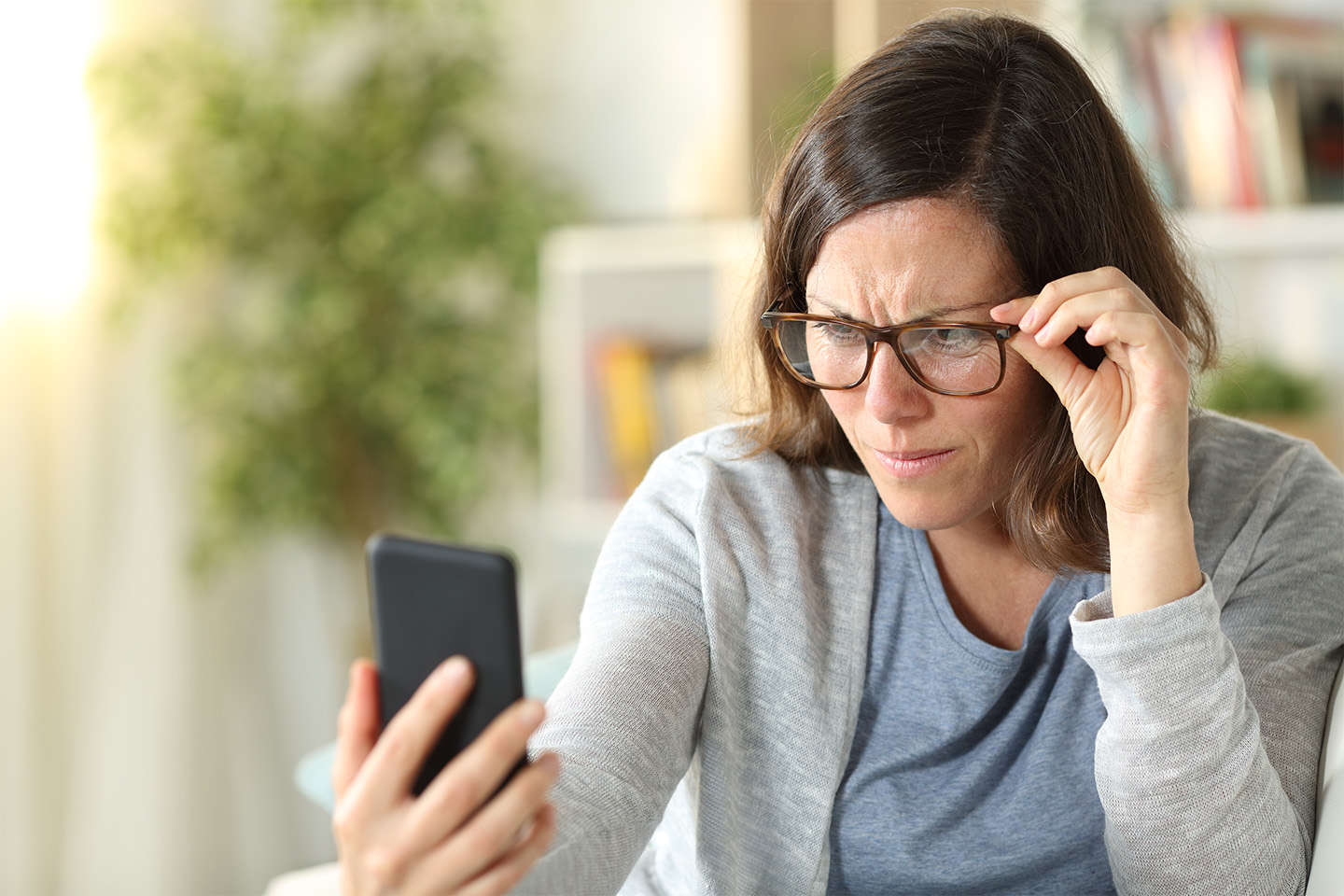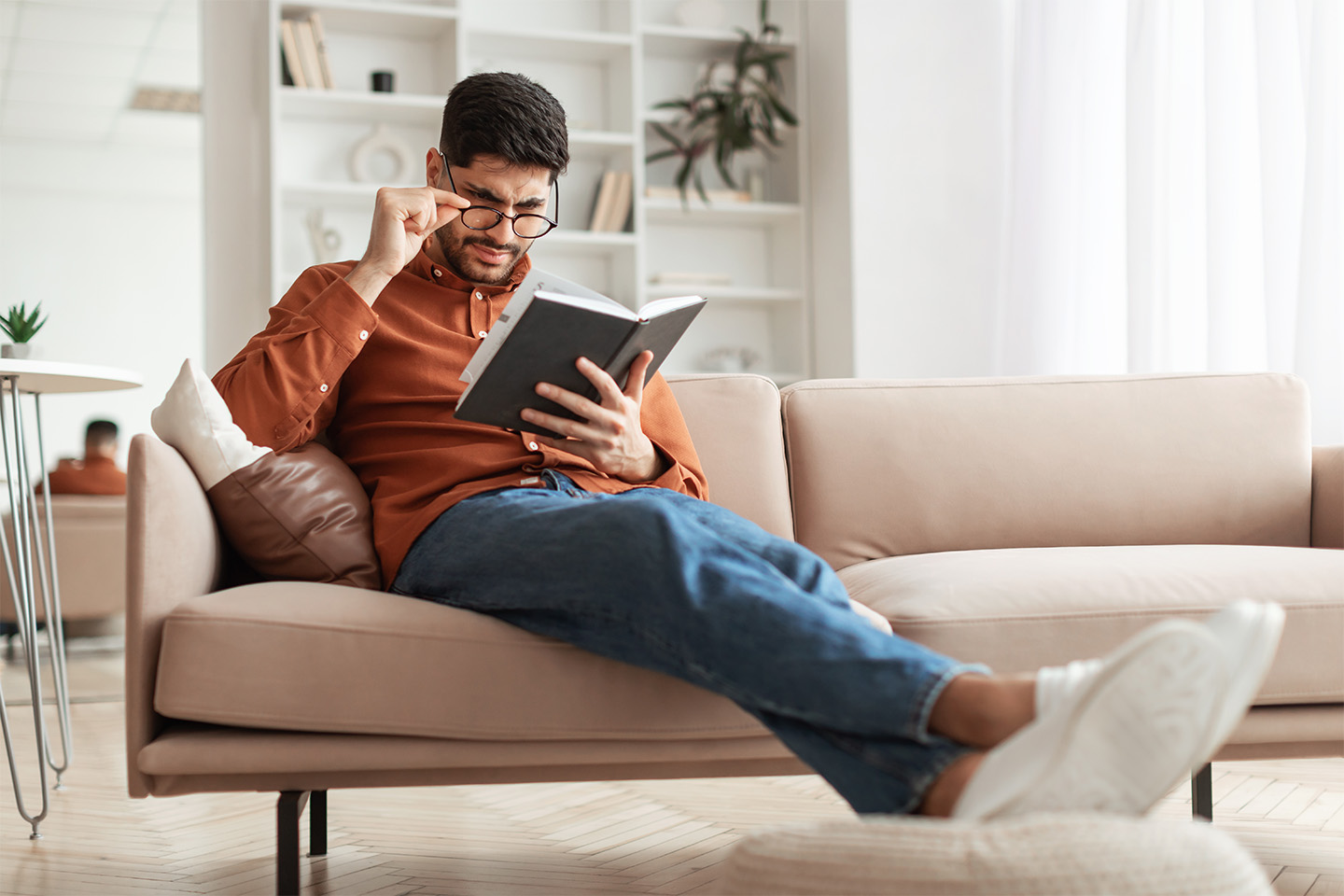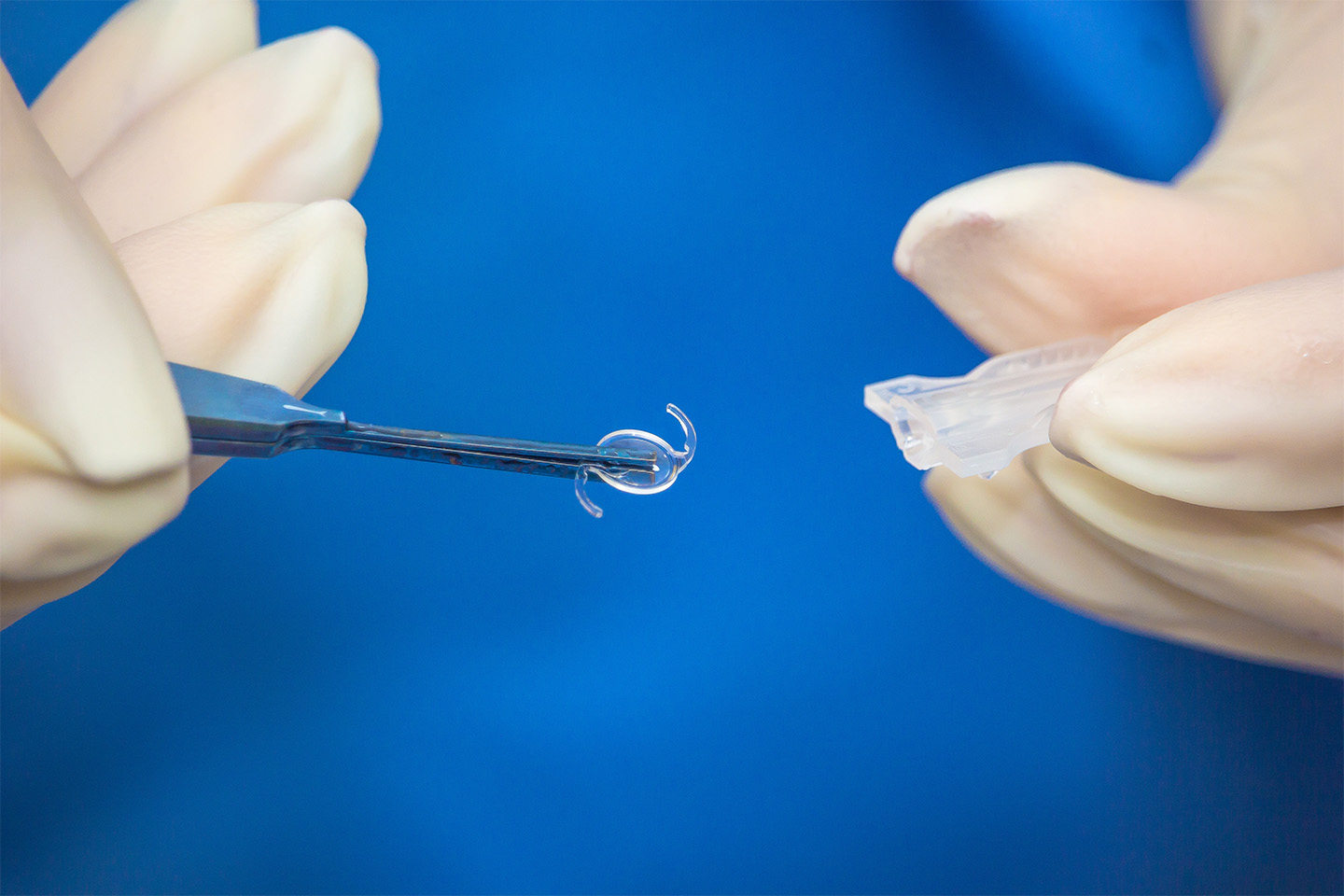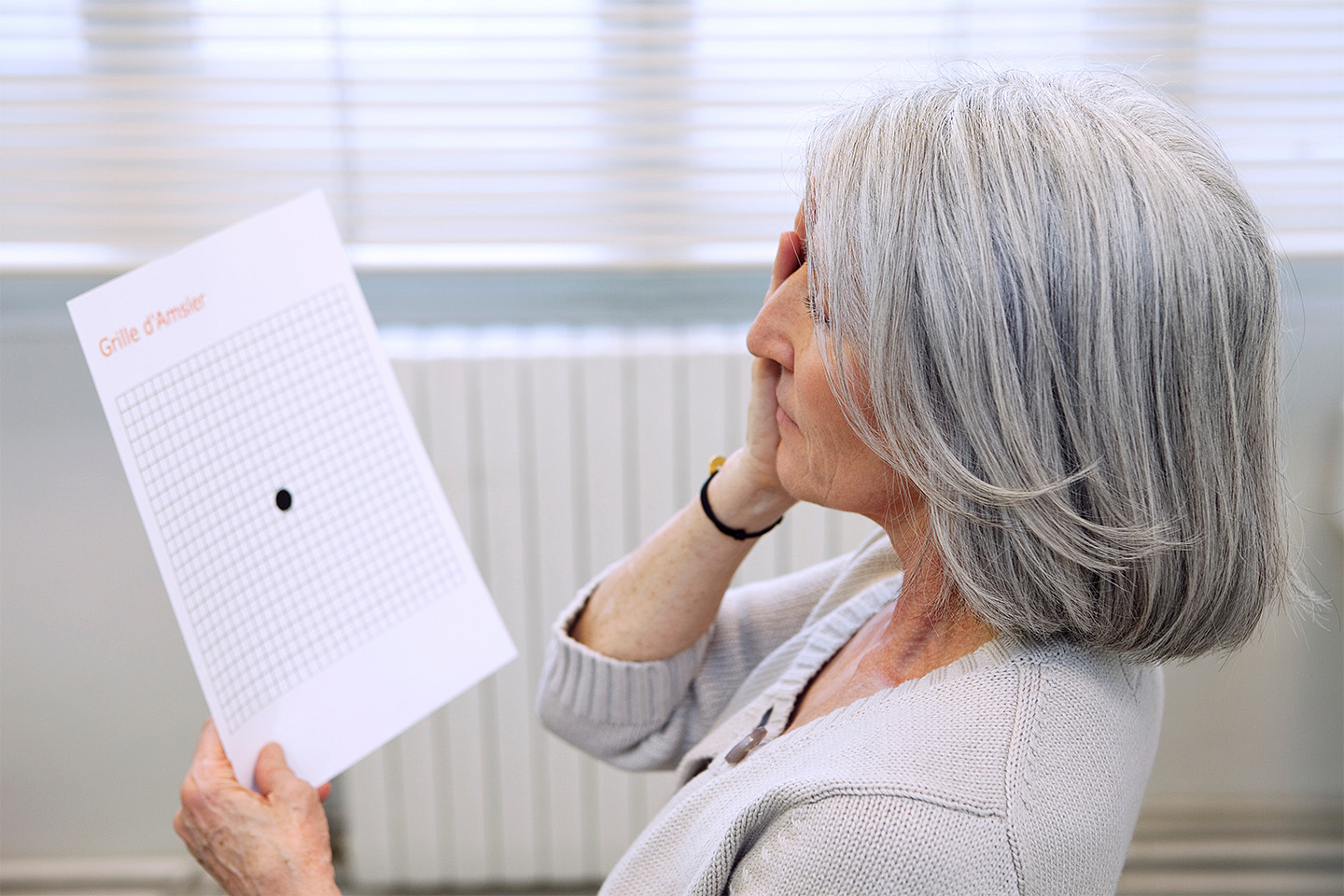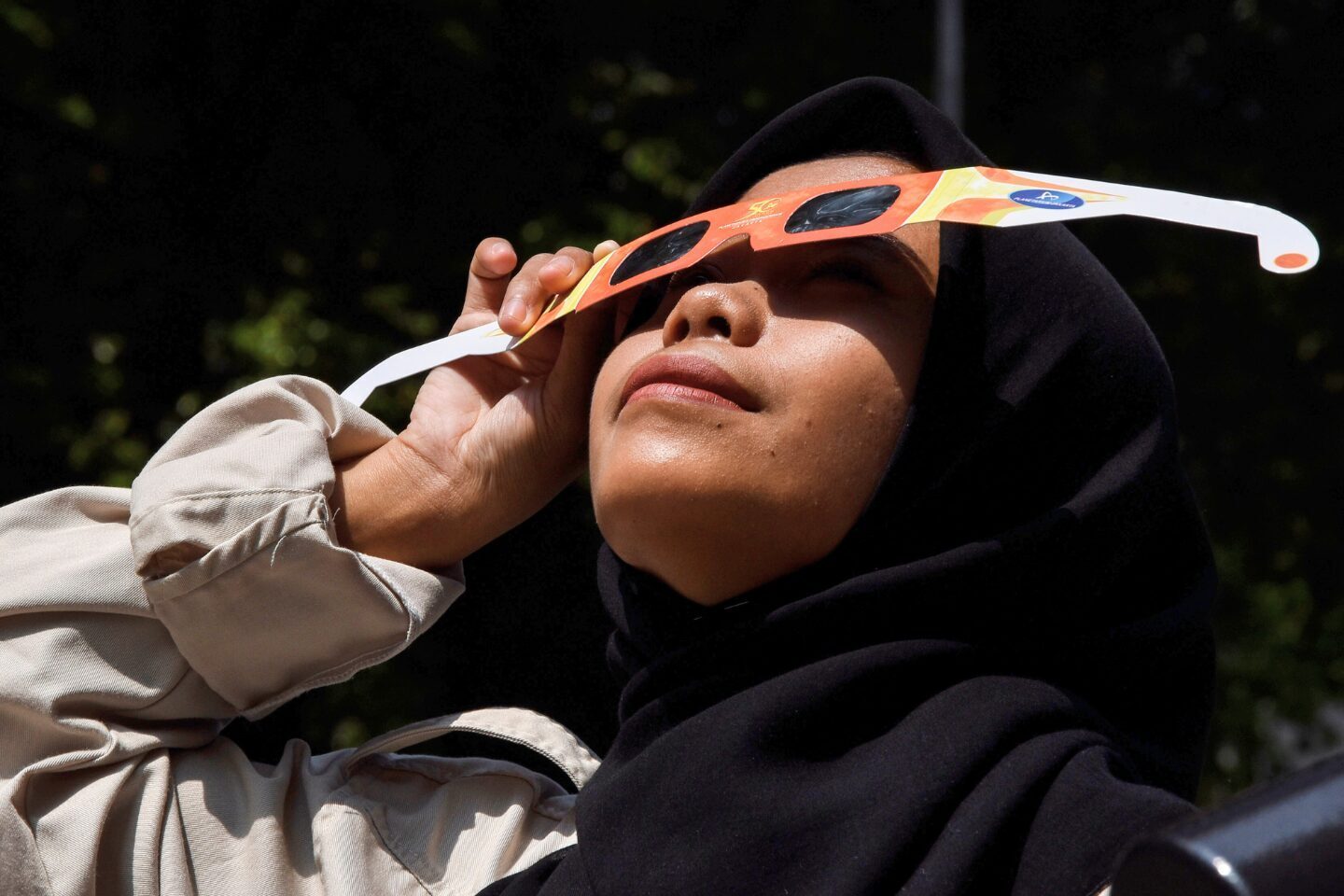How Sleep Affects Your Eye Health and Vision
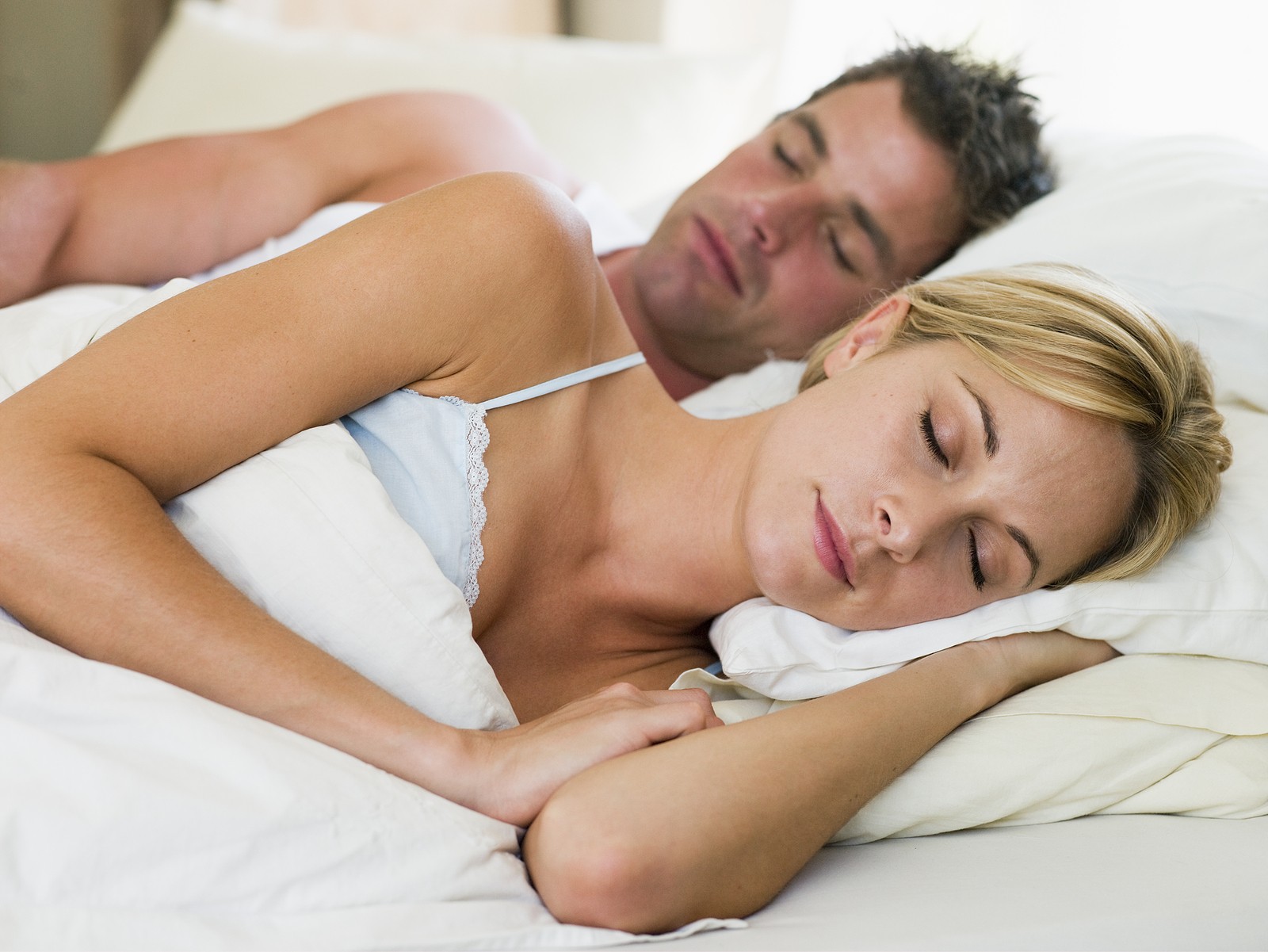
Most people love a good night’s sleep, but unfortunately, many people don’t get enough rest each night — and it shows with puffiness, dark circles, and drooping eyelids. However, lack of sleep doesn’t just affect your appearance. It also drastically impacts your mood, memory, metabolism, and even your eyes. That’s why the Better Sleep Council has declared May “Better Sleep Month” to raise awareness about how sleep influences your health, including your eye health.
Continue reading to learn how sleep affects your eyes and tips for getting better shuteye each night.
Eye Conditions Caused by Lack of Sleep
During sleep, your eyes go through a healing process where they circulate fluids to hydrate and clean the eye to protect it from infections. Your eyes need at least 5 hours to rest and recharge. Otherwise, you can experience a range of symptoms:
- Eye twitches
- Eye spasms
- Light sensitivity
- Blurred vision
- Dry eye
- Itching
- Red eyes
- Popped blood vessels
Lack of sleep is the leading cause of involuntary spasms (myokymia or blepharospasms). Fortunately, these spasms are not harmful and do not impact your vision. They typically go away on their own. Getting more rest and decreasing stress may help them go away faster.
Sleep related conditions, such as sleep apnea, have also been associated with other eye conditions, such as anterior ischemic optic neuropathy. This condition involves the inflammation of the blood vessels that feed the optic nerve. The problems with the blood flow can damage the optic nerve and, over time, may result in vision loss.
How Does Sleep Apnea Affect the Eyes?
Sleep apnea, a condition in which breathing frequently starts and stops throughout the night, can also increase the risk for glaucoma. Left untreated, sleep apnea directly changes your vision, eyelids, and retinas, resulting in potential vision loss. The type of glaucoma that occurs usually happens without elevated eye pressure as the damage is related to decreased blood flow and therefore oxygen at night. Increased discomfort on the eyes can be caused by the eyes becoming dry with the use of a CPAP machine or from increased elasticity of the eyelids, causing them to evert while sleeping. Our eye care specialists in Dallas can detect the signs of sleep apnea with a routine eye exam.
How to Get Better Sleep
You should aim for 7 to 8 hours of sleep each night. Unfortunately, our fast-paced lifestyles and the technology-driven world make it hard to prioritize sleep. If you struggle to get rest, try these steps for enhancing your slumber:
- Power down your devices 2 hours before bed — Blue light not only impacts how your eyes feel, but it also makes your brain think it’s daytime, meaning you stay up longer.
- Turn the temperature down to 68° — Cooler temperatures allow your body to relax and help you sleep deeper.
- Set a schedule — Aim to go to bed and wake up at the same time every day to train your body.
- Get a lot of sunlight — Going outside during the daytime “recalibrates” your biological clock correctly and helps your body distinguish night and day.
- Limit your caffeine during the day — Try to stop drinking caffeine after 2 p.m. each day, or even earlier if you notice you’re still energized.
- Don’t work out at night — Although exercise tires you out, it also energizes you and can keep you awake.
You may not think your sleep schedule is impacting your eyes, but the eye care specialists in Dallas at Kleiman Evangelista Eye Centers can detect and ease any resulting symptoms or other eye conditions. Our surgeons in Dallas also specialize in cataract and LASIK eye surgery to help improve your vision.

